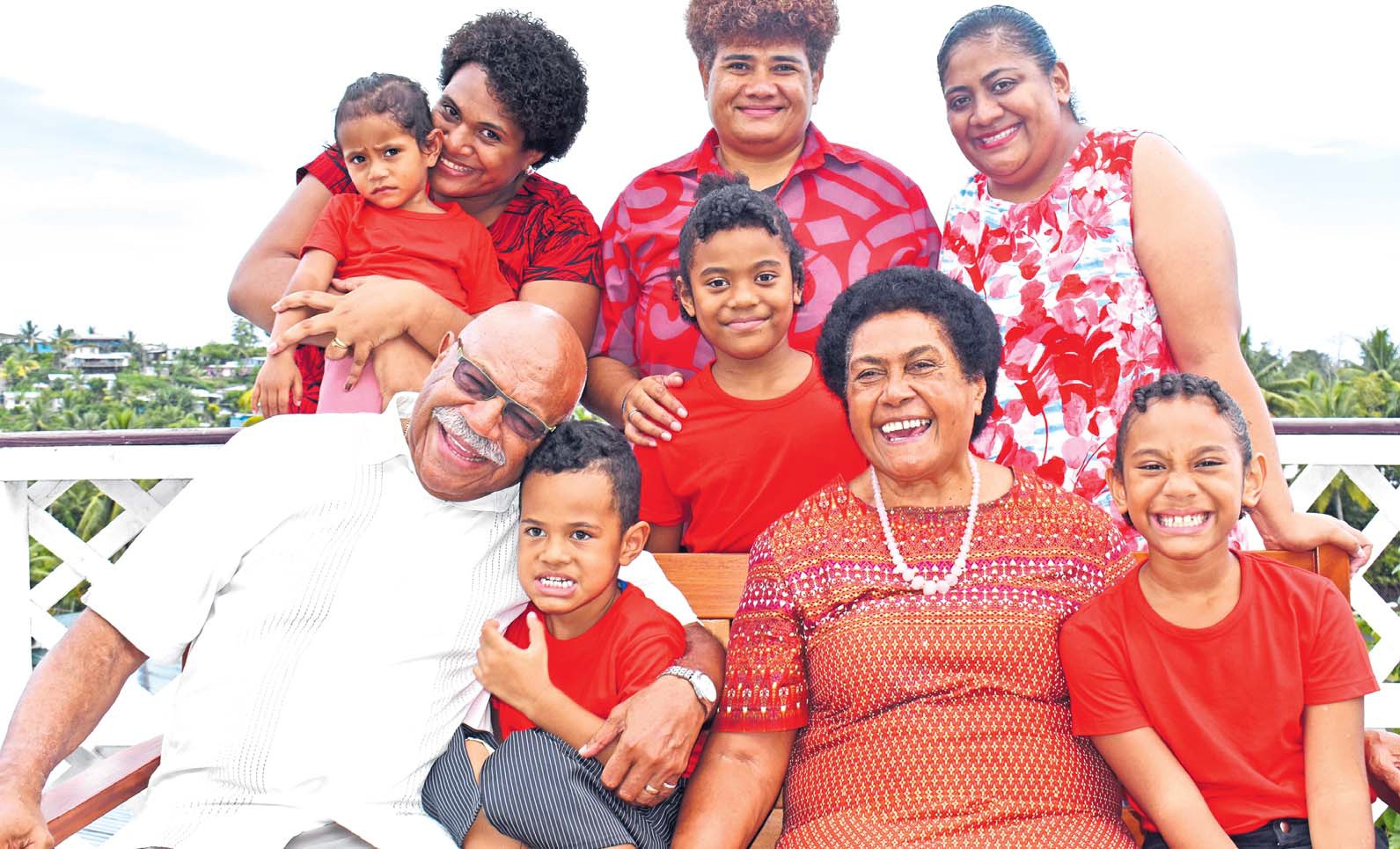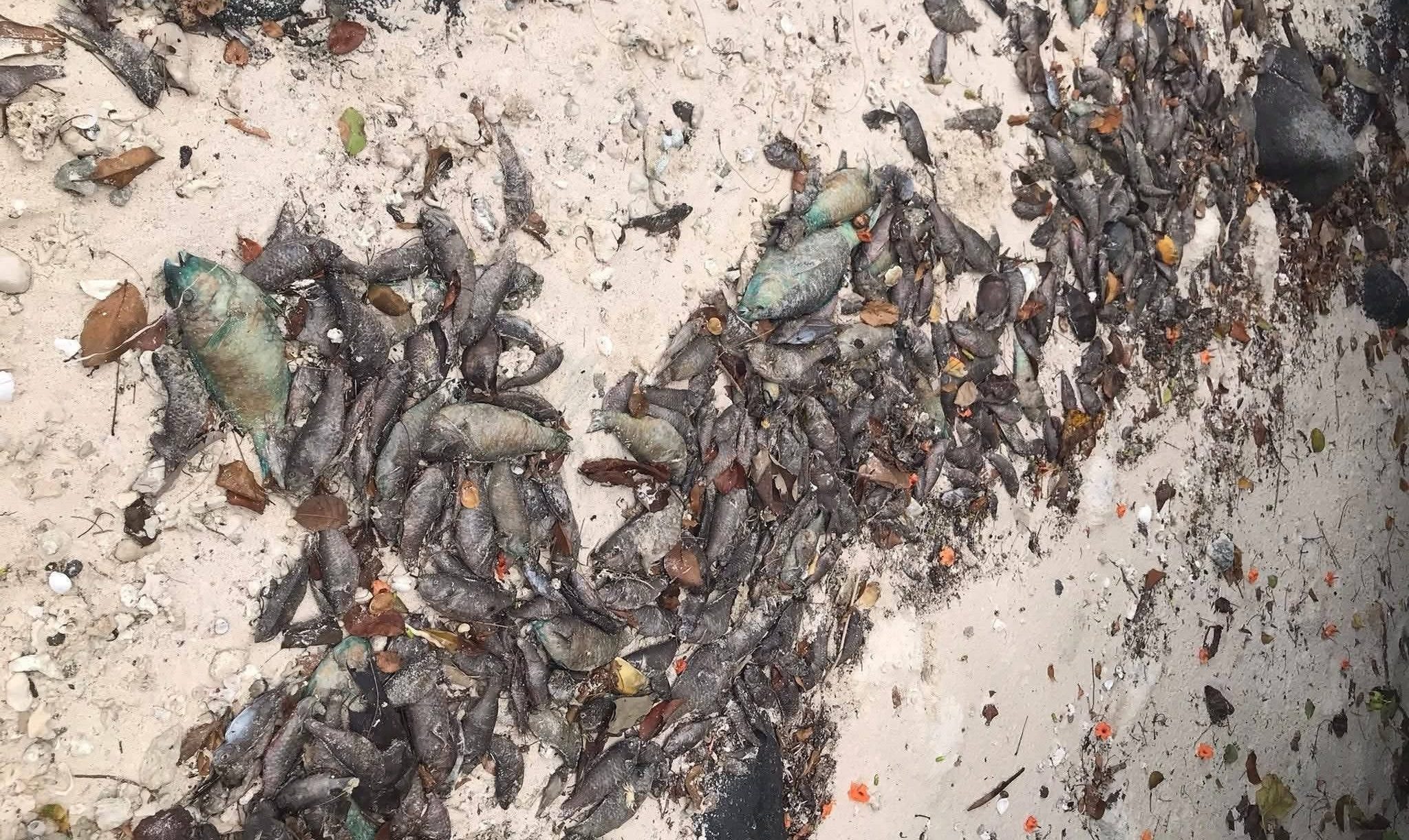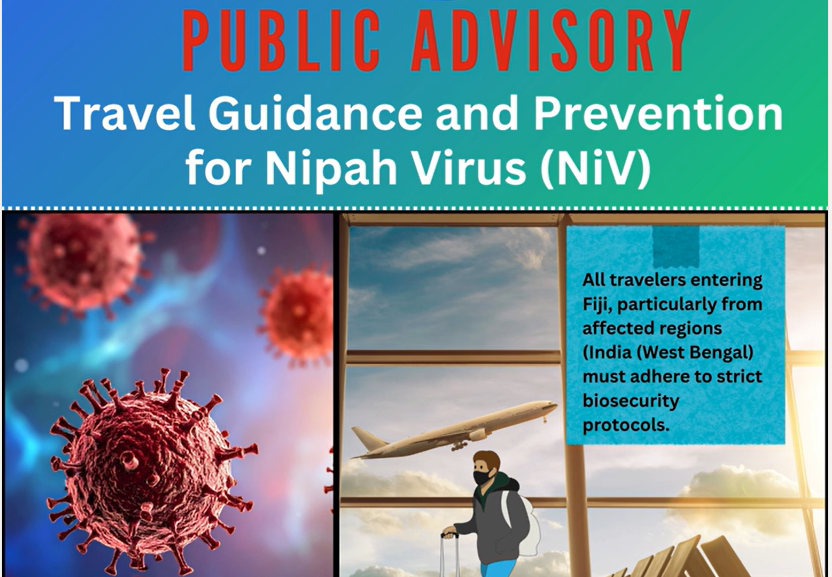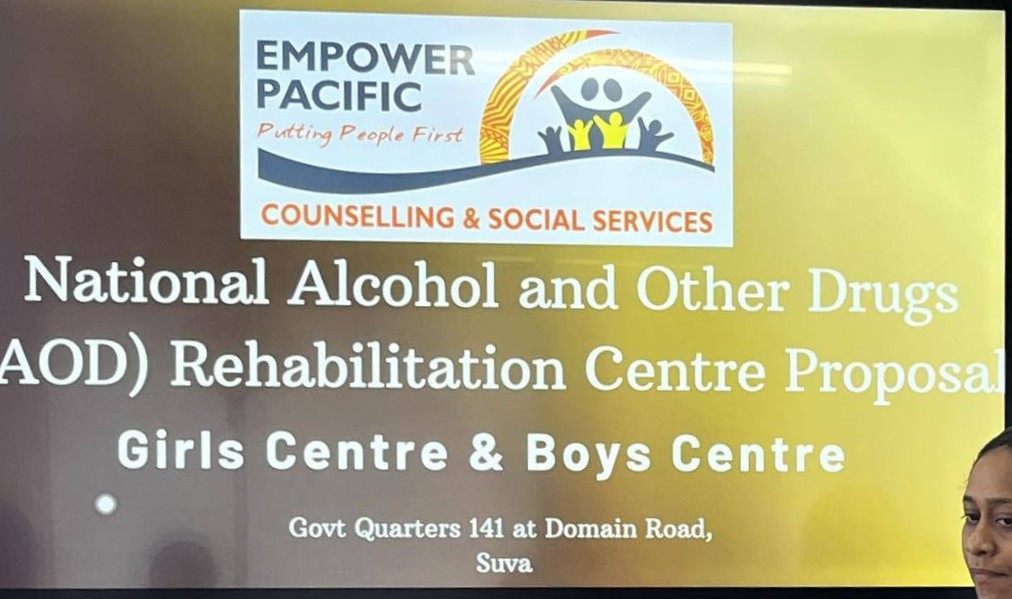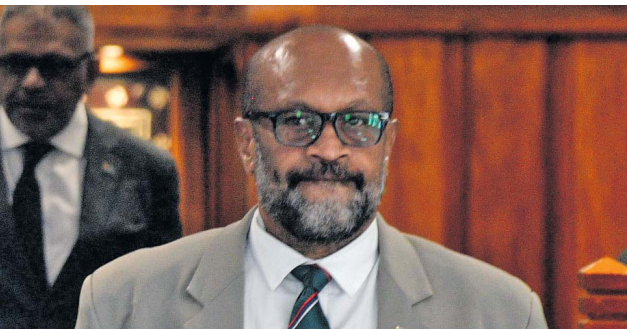In this third installment of A Conversation with the Prime Minister, Prime Minister Sitiveni Rabuka takes time out of his schedule to respond to issues raised by citizens in the Your Fiji, Your Voice Letters to the Editor section. Deputy Chief of Staff Cheerieann Wilson also poses questions that reflect on Rabuka’s journey of reconciliation, leadership challenges, and personal experiences. As he arrives in Germany for the Munich Security Conference, the Prime Minister discusses a wide range of topics – from his efforts to address the wrongs of 1987 to the state of Fiji’s healthcare and education systems. The conversation touches on concerns raised by citizens, offering valuable insight into the government’s approach to national issues and Mr Rabuka’s vision for the future. This column gives readers an opportunity to hear directly from the nation’s leader as he reflects on past decisions, evaluates current policies, and considers what lies ahead for Fiji.
CW: Prime Minister, I wanted to take you back to what you mentioned in the previous column regarding the presentation of tabua to several individuals on separate occasions, seeking forgiveness for your actions in 1987. Given your past actions and the symbolic presentations of the tabua to key figures, what are your next steps in addressing the wrongs of 1987 and continuing the process of reconciliation in Fiji?
PM: As far as I am personally concerned, and those Chiefs and individuals I had personally approached and apologised to, there is nothing more that needs to be done.
I had also publicly apologised to the nation of Fiji and Fijians in Fiji and those that had left Fiji for better futures elsewhere in the world.
There is nothing more I can do.
CW: Have there been times when you’ve had to seek forgiveness from your family members, particularly your wife, and how have those experiences shaped your relationships and approach to leadership?
PM: I did not realise until we got together as a family last month that even my immediate family – wife, and children – had been traumatised to certain degrees, and was glad that, in their cases, time had healed them.
CW: Rajend Naidu of Sydney wrote in his letter, Tabuya for Top Job, suggesting there is no better woman in Fiji and that she should be PM. Do you think she has what it takes to be Prime Minister? And do you believe we have a forgiving electorate that could one day vote her in as PM?
PM: That’s what Mr Naidu believes. I believe she has a lot to do to repair the damages she has done to herself and to the party, to regain the confidence required to lead the party and the nation. I believe many other members of my party in the House of Parliament are capable of leading. It is a matter for the party and the voters in the country to decide. They decide after weighing all our character and capabilities, strengths and weaknesses and decide whether we are worthy of their trust to carry them and their country in national leadership.
CW: Last weekend, officials from the Ministry of Fisheries, along with navy officers, checked the sizes of crabs sold in the Suva markets. Undersized crabs were released back into the ocean. In his letter Under-sized Mud Crabs, Indar Bisun suggests that those involved in this practice should not only be cautioned, but also penalised with a fine. How do we strike a balance between preserving the environment and ensuring that our people can earn a livelihood?
PM: Not many of those selling crabs had caught them from their natural habitat. The ones who catch crabs must realise that their sustainable livelihood derived from selling crabs depends on ensuring sustainability in supplies. The crabs must be allowed to grow to adult life to reproduce and regenerate.
Our kinsmen and women in the Solomons, as a native custom, release female crabs back into the wild, especially those carrying roes (eggs) to ensure traditional livelihoods are sustainable.
All crab catchers, first and successive buyers to sell traders to the stall sellers at the markets, must not buy undersized crabs, in order to force everyone in the trade chain to realise the importance of ensuring that their source of livelihood is sustainable.
CW: Shariff Shah of Savusavu wrote its well and good to invest and upgrade the Labasa airport, but asks what about Savusavu and Taveuni? Given Shah’s concerns about the investment in upgrading Labasa airport, how does the government plan to address the infrastructure needs of Taveuni and Savusavu to ensure balanced development across the northern islands?
PM: Yes, they are both parts of Fiji Airports Ltd development plans to support the tourism and general transportation infrastructure development plans.
CW: What do you miss the most about home when you travel?
PM: The family atmosphere, especially the disorderly order of great grandchildren giving me their sitreps (daily activities reports) when I come home or when they get home.
CW: Prime Minister, looking back at your childhood, what would you say was the most significant moment or realisation that shaped your perspective and had a lasting impact on your life?
PM: I vividly remember, before I started schooling, being lectured to by my older uncle’s wife on the village green (rara) in front of my turaga ni mataqali’s house, with my uncle (this uncle, aunt’s husband, my father’s older brother who fought in the Solomons in World War II as part of the 3rd Battalion, Fiji Infantry Regiment) and turaga ni mataqali listening and standing with my aunt, and I, sitting on the grass lawn with my mother, my younger uncle’s wife (this uncle was in the army then as a sapper in the then FMF Corps of Engineers, Construction Squadron), my father’s sister (Nei), with four other cousins – all older than I was, and told that we had no right to collect coconuts (vili niu) and cut copra (cici niu) on the land we were going to for those very purposes – we were told it was not ours and it belonged to her sons.
Even at that tender age, I realised the village would not be a village for me to grow up and live in, so education had to be my coconut plantation (loga ni niu) and the world would be my village where I would have to make a living for myself and any children and grandchildren I would have later in life!
I’ve never looked back, although I have a house in the village now, and I go there to rest, not to live!
CW: Wise Muavono of Balawa Lautoka wrote about the sad state of our hospitals. Given Muavono’s concerns about the poor condition of our hospitals, what policies are in place to address the deterioration of our healthcare system and ensure that adequate resources are allocated for its improvement?
PM: Yes, I totally agree with him. If Muavono had listened and understood (many of us can listen but only a few will understand) what I said at the launch of the CWM Hospital Priority Infrastructure Plan on the 31st of January (two weeks ago), he would have heard that the deplorable state of health and medical facilities in Fiji is the result of almost two decades of upkeep neglect and the gagging of the public preventing them by fear, to voice or pen their concerns to the government of 2006 to 2022.
The Government will continue with the infrastructure upkeep and upgrade and repairs and in some cases new buildings will go up to replace the old ones. You (Suva residents) will have noticed the demolitions going on in Tamavua sites now, to make way for new buildings for Health and Medical Services.
The Government is also committed to setting aside repair and upkeep budgets proportionate to the value of government facilities past midlife age for regular and timely ‘a stitch in time saves nine’ to keep up with timely maintenance and repairs.
CW: Tahir Ali of New Zealand wrote in his letter Doctor Shortage that this crisis will persist due to the brain drain. Do we have the financial resources to fill these critical positions?
PM: We have always had the financial resources to educate and train doctors according to our medical profession needs, and the budget to pay those entering the service, but we cannot compete with the salaries offered by overseas professional employment markets luring our competently qualified and government-funded professionals away from the services of the people whose taxes funded their education to the same levels of competencies of the overseas markets who will pay them, in money terms, more than they would have been paid in Fiji for the same qualification.
So, the reality is that we are training doctors for the world and they will not elect to work in Fiji and return to the people the services they deserve and have paid for because of a lack of compassionate patriotism. Sad.
CW: Pita Soroaqali from Rakiraki asks in his letter, What’s next? whether there are alternative crops that could replace sugarcane. Is this an issue the People’s Coalition is exploring?
PM: That was a very wise and responsible question to ask.
Before Fiji focussed on exporting sugar, there used to be quite a variety of other crops, even processed for the export market.
Some varieties of yams, particularly the smaller pure native species like taniela leka, vurai, niu madu (I do not know the name in other parts of Fiji) – pot-sized yams that can be grown easily in machine-prepared fields, yielding much greater tonnage per acre and attracting much higher incomes, can easily be developed to replace acres under cane.
It would be more attractive to prepare the fields for a few years to remove traces of fertilisers, weedicides and pesticides to get organic certifications’ for the world market.
We can encourage farmers to start preparing banana fields. We now know the flooding prone areas and need to avoid them or build up more resilience in our climate funding funded programs. I believe Fiji bananas are still the best bananas in the world and we should also aim at producing organically and improve our biosecurity protection to prevent our crops being compromised by invading disruptive organisms.
There used to be a beef canning factory ‘Tova Beef’ in Tailevu North. We can develop our beef cattle ranches to produce beef for export or process it for canneries, also for export. We can start with the Pacific Islands Forum countries as our export destinations and import from them what they have plenty of, like fish and marine products. Again, we need stronger watch-keeping with our biosecurity gates at our sea ports and airports to protect our products.
Our pineapples are among the naturally sweetest in the world, and there used to be a canning factory in Lautoka in the colonial era. That can be revived.
On the Lufthansa flight we came on from San Francisco on Sunday, they served mostly fruits that do not grow in Germany, while Fiji Airways served very little of the fruits that grow naturally in Fiji.
You’ll notice that my response to Mr Soroaqali, is the longest in this series – it is because he has touched something that is dear in my heart – growing our own food, exporting excesses and reducing food imports.
CW: What is the possibility of privatising the sugar industry? Would it be feasible to sell it to a private entity?
PM: It will be difficult to attract a buyer, for most have seen how much Fiji governments have had to incentivise farmers with cane prices to keep the mills crushing to try and meet Fiji’s market commitments for our buyers in the world market at the world market prices.
However, a really motivated investor can turn the industry around and make it a private sector success story that can compete successfully in the modern deregulated prices market.
They do not have to concentrate on sugar production, as there are alternatives available now including the production of ethanol as a low carbon emitting transportation fuel including aviation fuel. They may even have to own the whole process from ‘farm to fuel to ensure consistency of supplies, maintenance of quality, and all-season assured transport infrastructure.
CW: In a letter titled Accident Vehicles, Geoffrey Chand of Lautoka states that several police vehicles damaged in accidents are parked outside the police garage in Lautoka.
PM: The Government is slowly reactivating the Public Works Department, and one of their reactivated roles will be the repair and servicing of government-owned vehicles fleets.
The police, like the other disciplined services and government ministries and departments, have their own, but standardised motor vehicles accident processes and investigations procedures. These must be completed before the vehicles can be taken for repairs, and while awaiting the repairs, the vehicles must be in secure locations to prevent theft of parts and tool kits even tyres.
That is probably why they are parked outside the garage awaiting the completion of department investigations and assessments.
CW: Jan Nissar of Saudi Arabia criticises the GCC chairman in his letter Hot air for focusing on issues like moral decay, questioning what the GCC has done for the iTaukei over the past 100 years. He claims the chairman is trying to remain relevant and calls the GCC an intervention of British rule. He suggests both the GCC and your position as Prime Minister should be reconsidered. What is your response to these remarks?
PM: Jan Nissar lives in Sydney and The Fiji Times should not publish letters from writers with fake addresses. They may have pen names (nom de plume), but the newspaper must have their real addresses in case of legal challenges raised for such things as libel et cetera.
He has revealed to all Fijians his lack of understanding of the Fijian iTaukei and colonial history and I want to remind him that it is better to be silent and be thought a fool, than to speak or write and remove all doubts.
He does not even understand that my position as Prime Minister has nothing to do with the GCC.
GCC is the English name for the ‘Bose Vakaturaga’ which can be a tribal or yavusa/village meeting of leaders, or a bose-vanua which can be the meeting of turaga ni mataqali in a yavusa, or a meeting of turaga ni yavusa’s in a vanua, or a meeting of turaga ni vanua in a province et cetera.
Any and every leader should be concerned about moral decay in any and all societies, and the chairman of the GCC is right in expressing concerns about moral decay.
In the past 100 years the GCC or BLV agreed to the use of native lands not immediately required for the iTaukeis’ maintenance and support to be released for national development including commercial agriculture, supported the recruiting of iTaukei to join the Army to defend Fiji with other allied troops in World War II, supported the recruiting of Fijians to fight with commonwealth troops in the defence of Malaya (now Malaysia) against communist terrorists, agreed with the British Government to recruit Fijians to join the British Army and other services, agreed with the colonial government and the British Parliament for Fiji to be independent, influenced Rabuka in 1987 to consult them on the Constitution to take Fiji forward, agreed with the first Republican Constitution in 1990, agreed with the final draft of the 1997 Constitution – so, Nissar, the GCC has been relevant and doing things in the past 100 years.
CW: Kiran Khatri of Samabula writes in her letter, What is the Point? that the GCC should focus on more strategic issues rather than commenting on matters like phone usage. (Excessive use of phone leads to child neglect – The Fiji Times). She says the GCC has been silent on crucial matters such as legislation and policy. What is your take on this?
PM: What can be more important than teaching a community not to neglect children?
CW: After leading a multi-party coalition for two years, do you still believe this is the most effective approach to governing our country?
PM: No. I believe leading a country with a truly multiracial party is the most effective way.
CW: Would you advise The People’s Alliance to be open to another coalition in 2026, or would you respect the independence of potential coalition partner(s)?
PM: The People’s Alliance must prepare to stand alone as a multiethnic party.
CW: Ronnie Chang of Matintar Nadi expresses concern in his letter, Vehicle Accidents that government vehicle accidents, which should be avoidable, have become more frequent. What steps are your government taking to address and prevent these incidents?
PM: Does Mr Chang have comparative figures to prove that government vehicles accidents, which should be avoidable, have become more frequent?
CW: Nollen Billings of Savusavu suggests in her letter More Tupas that the police force would benefit from bringing back retired officers who see their work as more than just a job to help train the younger generation in true justice. This issue, however, isn’t limited to the police force alone. There’s a growing need for on-the-job training across both government and the private sector. How can this training be effectively facilitated?
PM: The current recruitment processes allows for what Ms Billings suggests on a needs basis case by case consideration.
CW: Rajnesh Lingam of Nadawa commends you for engaging directly with the public through the A Conversation with the PM column, but asks for your attention to the increasing crime rates. What plans does your government have in place to address this growing concern?
PM: I must commend Mr Lingam too for his concern about the growing crime rates. He and I know that fighting crime is not a duty confined to the police, in fact, the police are mostly involved after a crime is committed, in detection and prosecution. It is the whole of society duty to prevent crimes by being vigilant, counselling younger members of society of the evils of crime and not tempting people to commit crimes by always securing our belongings and co-operating with neighbours in actively preventing crimes — opportunity makes a criminal — let’s not be negligent and offer opportunities for ordinary citizens to become criminals.
CW: Following your signing of the CWM Priority Infrastructure Project Plan on February 3, Rajnesh Lingam of Nadawa, in his letter High priority projects urges you and the Minister for Health to visit other hospitals across Fiji as they also require attention. Is this request something that can be accommodated in the near future?
PM: All work needs are being processed. The CWM PIP is only the one highlighted at that time. Please see my response to Question 8.
CW: Tukai Lagonilakeba of Nadi expresses frustration in his letter, Retirement Issue stating that retirees do not qualify for the free bus fare initiative. He asks that this policy be reviewed as retirees like him are unhappy with the exclusion. Does the Government have the funds to include them?
PM: There is no need to change the policy as most retirees do not need the assistance if they have been aware all along that their working years realised that at some stage they would retire and need a healthy and sustainable balance in their Reserve Account with FNPF to cater for their providence.
CW: Selwa Nandan of Lautoka writes in his letter, Switch in Stance that Minister Bulitavu, who once supported the FFP while in Opposition, is now criticising the party after becoming a minister. He asks: “What do you call such people?” Is Bulitavu an opportunist or a smart politician?
PM: A smart politician!
CW: In his letter Despair and Hopelessness, Rakesh Sharma of Nadi responds to comments made by the Attorney-General who said that people may feel despair and hopelessness reading news reports. Sharma suggests that at least the FFP maintained law and order. How do you view the current state of law and order in Fiji?
PM: When I visited the Divisional Police Headquarters in Lautoka, I was shown the crime statistics that actually showed a not so despairing and hopeless crime trend. There may have only been selective sensationalisation by the media amplified by the new-found media freedom enjoyed by many and the uncontrolled use of social media applications.
CW: You discovered your cow dead on your mataqali land. Have the police made any progress in identifying the culprit?
PM: Not yet. I’m still standing in the queue like many who have reported crimes committed against them. As far as the police is concerned no citizen should be given preferential treatment.
CW: Are you able to spend more time in the village than you currently do? What do you miss the most about the village?
PM: I’d rather spend time in Suva with my family than in the village where I do not have children time, but all the time is old men time at meetings of yaqona bowls.
CW: Your name carries a sense of familiarity which seems to benefit an election system that favours star candidates. Do you believe you still have the same level of voter appeal today?
PM: No, I believe it is waning with my age and time and more people just know me rather than know of me.


